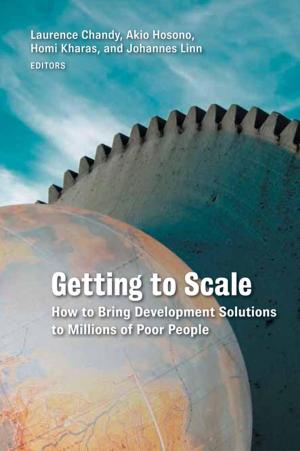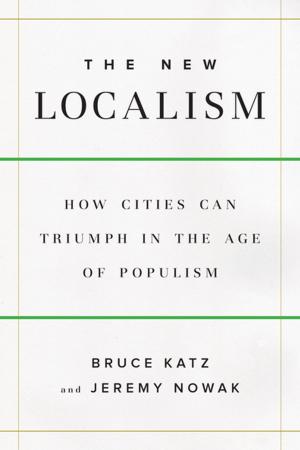Making College Work
Pathways to Success for Disadvantaged Students
Business & Finance, Business Reference, Education, Nonfiction, Reference & Language, Education & Teaching, Educational Theory, Educational Reform, Social & Cultural Studies, Social Science| Author: | Harry J. Holzer, Sandy Baum | ISBN: | 9780815730224 |
| Publisher: | Brookings Institution Press | Publication: | August 15, 2017 |
| Imprint: | Brookings Institution Press | Language: | English |
| Author: | Harry J. Holzer, Sandy Baum |
| ISBN: | 9780815730224 |
| Publisher: | Brookings Institution Press |
| Publication: | August 15, 2017 |
| Imprint: | Brookings Institution Press |
| Language: | English |
Practical solutions for improving higher education opportunities for disadvantaged students
Too many disadvantaged college students in America do not complete their coursework or receive any college credential, while others earn degrees or certificates with little labor market value. Large numbers of these students also struggle to pay for college, and some incur debts that they have difficulty repaying. The authors provide a new review of the causes of these problems and offer promising policy solutions.
The circumstances affecting disadvantaged students stem both from issues on the individual side, such as weak academic preparation and financial pressures, and from institutional failures. Low-income students disproportionately attend schools that are underfunded and have weak performance incentives, contributing to unsatisfactory outcomes for many students.
Some solutions, including better financial aid or academic supports, target individual students. Other solutions, such as stronger linkages between coursework and the labor market and more structured paths through the curriculum, are aimed at institutional reforms. All students, and particularly those from disadvantaged backgrounds, also need better and varied pathways both to college and directly to the job market, beginning in high school. We can improve college outcomes, but must also acknowledge that we must make hard choices and face difficult tradeoffs in the process.
While no single policy is guaranteed to greatly improve college and career outcomes, implementing a number of evidence-based policies and programs together has the potential to improve these outcomes substantially.
Practical solutions for improving higher education opportunities for disadvantaged students
Too many disadvantaged college students in America do not complete their coursework or receive any college credential, while others earn degrees or certificates with little labor market value. Large numbers of these students also struggle to pay for college, and some incur debts that they have difficulty repaying. The authors provide a new review of the causes of these problems and offer promising policy solutions.
The circumstances affecting disadvantaged students stem both from issues on the individual side, such as weak academic preparation and financial pressures, and from institutional failures. Low-income students disproportionately attend schools that are underfunded and have weak performance incentives, contributing to unsatisfactory outcomes for many students.
Some solutions, including better financial aid or academic supports, target individual students. Other solutions, such as stronger linkages between coursework and the labor market and more structured paths through the curriculum, are aimed at institutional reforms. All students, and particularly those from disadvantaged backgrounds, also need better and varied pathways both to college and directly to the job market, beginning in high school. We can improve college outcomes, but must also acknowledge that we must make hard choices and face difficult tradeoffs in the process.
While no single policy is guaranteed to greatly improve college and career outcomes, implementing a number of evidence-based policies and programs together has the potential to improve these outcomes substantially.















